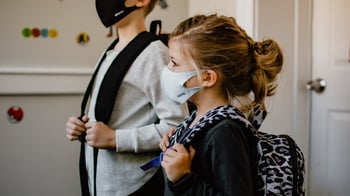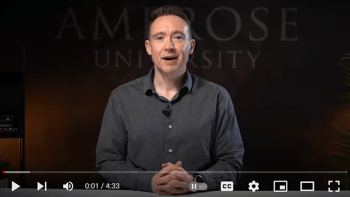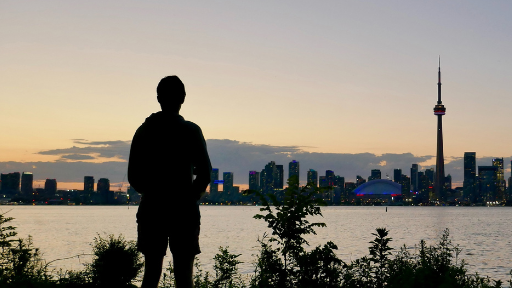This blog post is the second in a two-part series of posts by Jim Cresswell, PhD, in relation to the COVID 19 and the Newly Vulnerable initiative. Click here to see the first post in this series.
In March 2020, the World Health Organization officially declared COVID-19 a global pandemic.
The phrase ‘everyone's in the same boat’ was common in the early months of the pandemic amid calls for global solidarity. Eventually, however, this sentiment gave way to the recognition that the pandemic's economic, psychological and social impacts were not felt equally by all members of our society.
 Analyzing inequity in COVID’s wake
Analyzing inequity in COVID’s wake
In response, the Tamarack Institute and a team of us at the Canadian Poverty Institute set out to conduct a multi-staged research project that looked into the effects of COVID-19 on those not yet in poverty but at risk due to pressures linked to the pandemic. We referred to these people as newly vulnerable.
The project, which I was proud to lead, deepened our understanding of the characteristics of newly vulnerable people and identified system gaps.
The research also highlighted important factors linked to a holistic notion of poverty, such as quality of life, social connectedness, trust in the system, and other related topics.
The follow-up interviews attempted to ascertain leverage points for implementing positive change – in particular, rethinking the notion of capacity.
A baseline snapshot of newly vulnerable people
To obtain a baseline snapshot of newly vulnerable people, we defined poverty, looked at available resources and conducted an extensive survey measuring quality of life, social capital and trust. The work focused on communities across the country, including Revelstoke, Calgary, Saskatoon, London, Peel Region, Perth-Huron, and Cape Breton.
During the follow-up interviews and focus groups, participants discussed the results of the initial report and participated in a 'future-backward activity.'
Participants imagined the worst- and best-case scenarios and the changes leading to each situation. The activity took a complex problem and allowed us to understand its many factors.
Virtual summit showcasing the findings
It is now it is time to act on the data.
On October 3, 2022, we are excited to host a virtual Action Summit where findings will be presented and participants engaged. Registration is open to anyone interested in learning more and contributing to the discussion.
The summit will do the following:
- Explore data results
- Deepen understanding of COVID and vulnerability
- Facilitate using that knowledge
- Provide a networking opportunity for participants
- Bring people together to collaborate on potential initiatives and action strategies that make a difference.
Click here to register for the Summit. Any questions or queries can be sent to covidmobilization@ambrose.edu.





